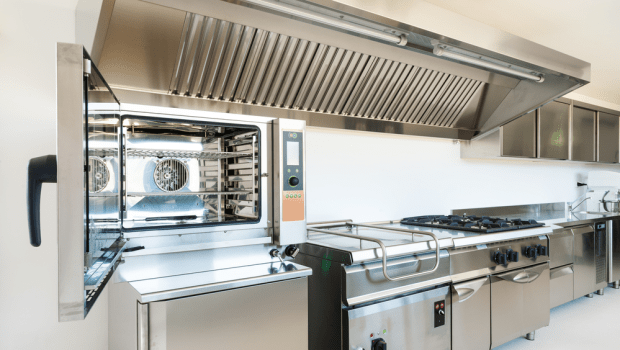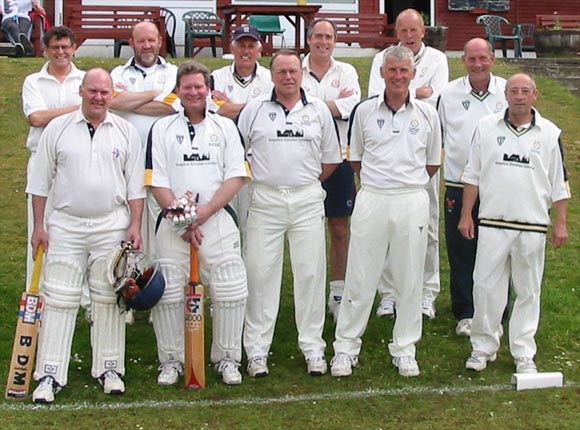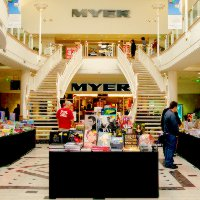-

-
Published on
07/10/2014
by Rob Chaloner
Finance Equipment Business
Whether you're dreaming of opening your own restaurant, retail space, beauty salon, day spa, or a medical or dental practice, getting started requires significant funds. Lighting, furniture, computer equipment and renovations alone can bust your budget -- and that's before you even consider special equipment needs. The amount of cash you need to start a new business could take years to save, but financing is a much more convenient alternative -- and it's easier than you'd think. There are a number of financing options available to take the stress out of acquiring new equipment for your business, including Finance Lease, Chattel Mortgage, the Rent/Buy Option and Equipment Rental. Here are a few examples of equipment you can finance:
- Desktop PCs and laptops, servers and software
- Printers, fax machines, and photocopiers, PABXs and VoIP equipment, security and CCTV systems
- Fit-outs for retail, dental, medical, and beauty salons and day spas
- Commercial and architectural lighting, electronic signage and illuminated displays
- Cash registers and currency validators, POS systems and OEM kiosks
- Air conditioning systems, including green energy options
- Catering and commercial cooking equipment
Equipment Rental
Equipment Rental is an agreement between a customer and financier in which the financier buys the equipment on behalf of the customer and rents it back to them over a fixed period (so all costs are known in advance). This option is more cost-effective than paying cash up-front and it's also a highly tax-effective, because you can claim 100 percent of the rental payments as a tax deduction*. This option also offers flexible contract terms (12-60 months) and fixed interest rates.Finance Lease
Like Equipment Rental, a Finance Lease happens when the financier purchases the equipment on behalf of the customer, who then pays a fixed monthly lease rental for the term of the lease. However, at the end of the lease, the customer has several options. They can:- Re-lease the equipment for a further period
- Trade the goods in for new equipment
- Return the equipment to the lessor, with any loss indemnified
- Make an offer to purchase the goods
Chattel Mortgage
With a Chattel Mortgage, the financier advances funds to the customer to purchase the equipment, and the customer takes ownership of the equipment, a.k.a. "chattel," at the time of purchase. Then the financier takes a mortgage over the equipment as security for the loan. When the contract is completed, the mortgage is removed and the customer will have a clear title to the equipment. This is a great option for businesses that are on a cash accounting system, because they can claim some or all of the GST contained in the equipment's price as soon as they lodge their next BAS, rather than over the term of the loan. A deposit can be used to reduce the size of the loan, and you can claim the depreciation of the equipment as a tax deduction. The GST is charged only on the purchase price of the equipment -- not the monthly rental fee or the final instalment.Rent/Buy Option
In this scenario, the customer rents the equipment for a year and then decides whether they want to buy the equipment through long-term refinancing, based on the performance of their business. This can result in the customer securing better rates when they're more established. This option gives businesses the safety net of walking away at the end of 12 months if things don't work out as planned. Rental payments are fully tax-deductible, and renting is done "off balance sheet," meaning it won't impact on future borrowing. Between these four options, it's clear that you don't have to wait until you've saved up enough money to start your business. By choosing smart finance, you can start earning revenue straight away and building the business you've always wanted. *Tax issues can be complex, so seek advice from your accountant or tax specialist to ensure a particular finance structure is right for you. For more information: https://www.strattonfinance.com.au
Related articles



